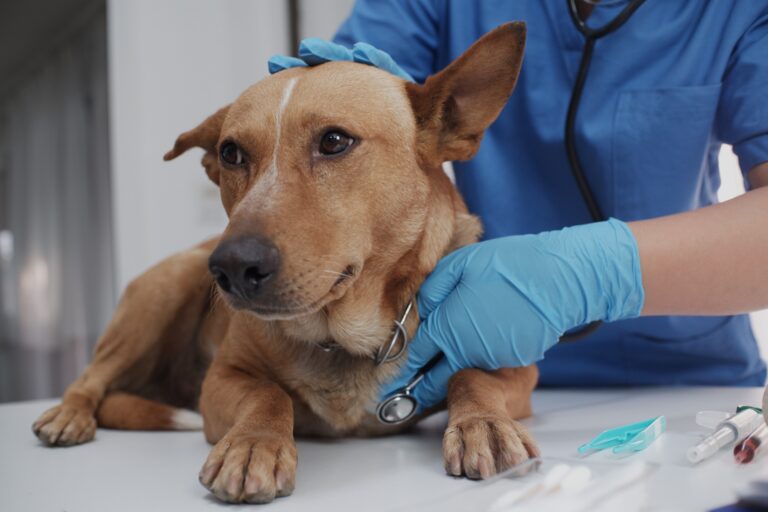Imagine this. You're sitting curled up under a blanket in your living room, enjoying your latest binge, when you hear it. You will hear the distinctive sound of a pet getting into something that should never be.
Throw off your blankets and run into the next room to find your furry friend shamelessly rummaging through trash cans and happily eating things that were thrown out for good reason. After a few drooling moments, you fish it out of their mouth – crisis averted.
If you're a pet owner, you've probably had a similar experience at least once. That's normal. Pets explore the world using their senses of smell and taste, sniffing, chewing, and eating whatever they find.
Unfortunately, if your pet is unknowingly exposed to or ingests something dangerous, it can lead to scary situations for pet owners.
As a pet owner, it's important to be aware of the things that are harmful if your pet ingests them. Many pet owners already know that common human foods are toxic to pets, but an equally common and often overlooked danger is plants.
According to Almanac.com, there are more than 700 plants that can be dangerous to dogs, cats, and other pets if ingested, from common household plants to garden and garden plants to plants given in bouquets and gifts.
Although not a complete list, some of the most common poisonous plants for pets that owners should be aware of include daffodils, morning glories, aloe, lilies, tulips, English ivy, and mistletoe.
When choosing plants for your home or garden, choosing the right plants can help you and your pet avoid unnecessary emergency vet visits. It may seem like a daunting task. But native plants may relieve some of your stress.
While some are toxic to pets, there are also many completely safe options that are better for the environment. Additionally, these plants can save you time and money.
Many can survive solely on local rainfall, so you don't need to water the plants yourself. Additionally, the presence of native plants in your garden can attract and increase the presence of local wildlife and pollinators. This is especially important for endangered species.
A more extensive list of harmful plants can be found at Almanac.com. Of course, if you have any doubts, you can consult your veterinarian.
signs of toxicity
If you are concerned that your pet has been exposed to or ingested a toxic substance, look for common signs of toxicity such as excessive salivation, vomiting, lethargy, rapid breathing, palpitations or irregular heartbeat, and cold extremities. be careful.
If you notice any of these symptoms in your pet, contact your veterinarian or pet poison control center immediately.
Pet Poison Control Center
Pet Poison Helpline: (855) 764-7661
ASPCA Animal Poison Control Center: (888) 426-4435
Join our free newsletter and get quick tips save more, reduce wasteand Please eat it. While helping the planet.


